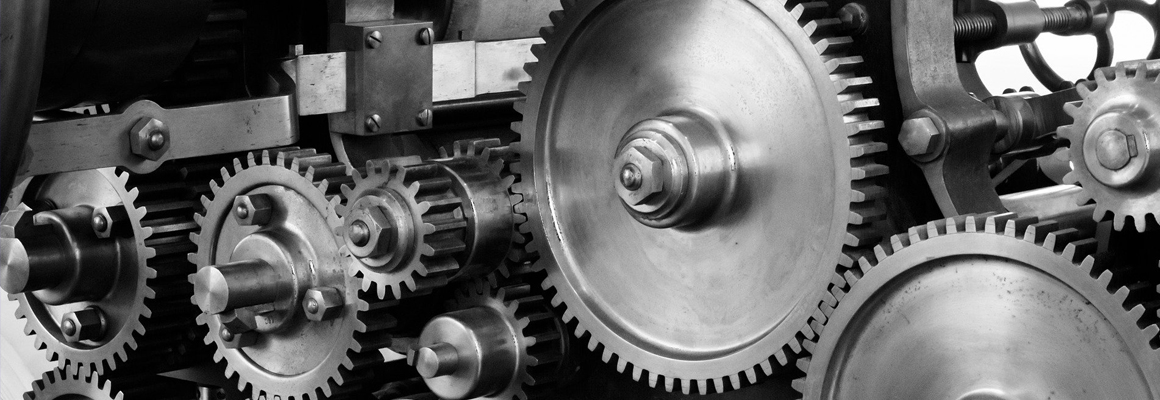What Are Oil Seals and Why Are They Important?
Sep. 05, 2025
When it comes to machinery and vehicles, many components work together to ensure safety and efficiency. One often overlooked but crucial element in this machinery is the oil seal. Understanding what oil seals are and why they are important can help in maintaining the longevity and performance of your equipment.
If you are looking for more details, kindly visit Oil Seal.
What is an Oil Seal?
An oil seal is a mechanical component designed to seal the spaces between various moving parts in machinery, preventing the leakage of fluids, such as oil or grease. These seals are typically made from rubber, elastomers, or thermoplastic materials, and they come in various shapes and sizes to fit different applications.
One of the most common places you’ll find oil seals is around rotating shafts in engines and gearboxes, but they can also be used in hydraulic systems, pumps, and other machinery. Their primary function is to keep lubricants in and contaminants out, protecting internal components from wear and tear.
Why Are Oil Seals Important?
1. Prevents Fluid Leakage
One of the most vital functions of an oil seal is to prevent fluid leakage. Machinery relies on oil and grease to reduce friction and heat. If an oil seal fails, it can lead to leaks, which might not only cause the machinery to run inefficiently but also lead to costly repairs.
2. Protects Against Contaminants
In addition to containing oils and lubricants, oil seals also protect the internal parts of machinery from dirt, dust, and other contaminants. This is particularly important in harsh environments where equipment is exposed to debris and moisture. A good oil seal acts as a barrier, ensuring that these harmful substances don’t interfere with the machinery’s performance.
3. Extends Equipment Lifespan
By preventing leaks and protecting against contamination, oil seals can significantly extend the life of machinery. Regular maintenance that includes checking and replacing worn seals can save businesses money in the long run by avoiding costly breakdowns and replacements.
Further reading:Are You Sure Your Oil Seals Meet Industry Standards?
4. Enhances Efficiency
Machine efficiency is crucial for productivity. When oil seals are functioning correctly, they ensure that the machinery operates smoothly. This efficiency translates to better performance, saving time and resources in both industrial and automotive contexts.
5. Saves Money
Not only do properly functioning oil seals help in avoiding unnecessary repairs, but they also contribute to fuel efficiency in vehicles. A leak in the oil seal can lead to lower oil levels, causing the engine to work harder and consume more fuel. Thus, keeping oil seals in good condition can lead to savings at the pump.
How to Identify When an Oil Seal Needs Replacement
Understanding the signs of a failing oil seal can help you take proactive measures. Here are some indicators:
- Oil Puddles: If you notice oil puddles under your vehicle or machinery, it could indicate a problem with an oil seal.
- Increased Noise: Excessive noise from machinery can suggest that there isn’t enough lubrication due to a failed seal.
- Visible Damage: If you can inspect the oil seal and notice cracks, tears, or deformation, it’s time for a replacement.
Summary
In summary, oil seals play a crucial role in the functionality and longevity of machinery and vehicles. By preventing oil leaks, protecting against contaminants, and enhancing efficiency, these small components can make a big difference.
To ensure your machinery is running at its best, regularly inspect and maintain oil seals. If you notice any signs of wear, consider reaching out to a professional to replace them.
For more tips on machine maintenance or to learn about other important components, feel free to explore our blog. Take action now and keep your equipment in prime condition!
Contact us to discuss your requirements of Fuso oil seal factories. Our experienced sales team can help you identify the options that best suit your needs.
147
0
0
All Comments (0)
Previous: Are You Sure Your Oil Seals Meet Industry Standards?
Next: What Are the Key Factors Affecting Automotive Oil Seal Performance?
If you are interested in sending in a Guest Blogger Submission,welcome to write for us!




Comments